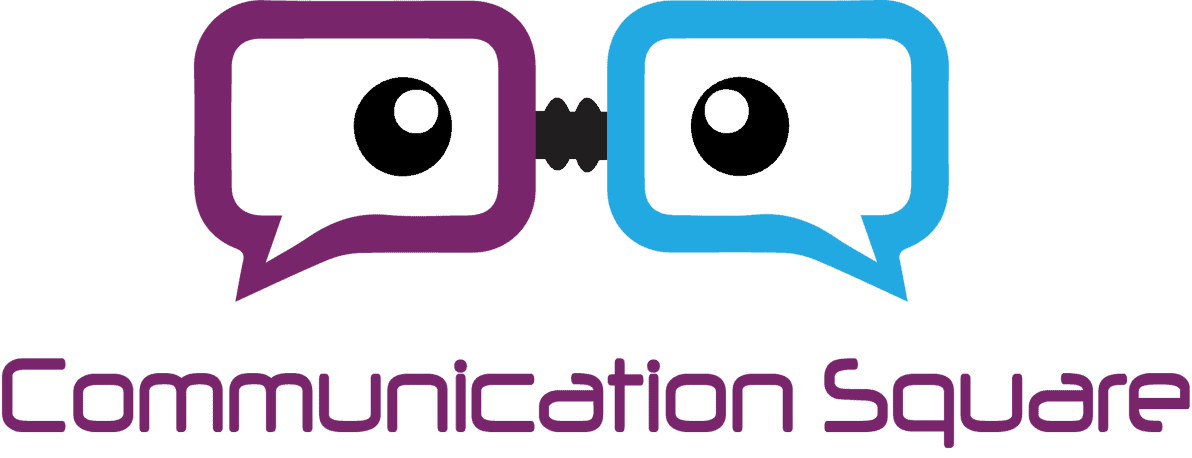Estimate RAM, CPU power, storage, bandwidth requirements in advance, compare prices, check customer support and reviews, avoid hidden costs, consider the data center location. The billing model can save you money.
Identify your needs in terms of RAM, CPU power, storage, and bandwidth in advance so you don’t end up paying for unnecessary extras. Upgrading any of these components can cost money.
The amount of RAM impacts the server’s performance and efficiency. Small websites without databases require at least 2 GB. A database server starts from 4 GB, depending on data size and the respective activities.
Depending on the game and the number of players, a game server needs 32 GB or more. Beginner hosting plans start with disk storage of 5-10 GB, which is only enough for a blog or a small business website. On a dedicated server, you should aim for four cores, around 100 GB of SSD storage, and 8 GB of RAM.
Compare prices and service quality
Prices can vary significantly from one hosting provider to another. Request quotes and compare providers’ offers to find the best fit for your budget and needs. You’d be surprised by the value some cheap dedicated hosting plans have to offer.
Customer support and reviews can help you evaluate the overall service quality. As of 2024, more than 99.9% of consumers look for reviews when they shop online. The vast majority of customers – 96% - look for negative reviews specifically. 49% trust online reviews and recommendations from family and friends equally. 68% are willing to pay more for services and products from a brand with high-quality customer service, which turns 86% of one-time buyers into loyal customers.
Check for hidden costs
Watch out for hidden fees related to excess bandwidth use, setup, or support. Opting for unmetered bandwidth will help keep costs in check. Entry-level dedicated servers cost $50 to $100 per month on average. Mid-range ones can go up to $300 a month, and high-performance servers can range from $300 to a few thousand, depending on the provider and configuration.
Server hardware and operating systems, database software, backup infrastructure, and infrastructure maintenance can be among the hidden costs associated with dedicated servers. Buying and maintaining server hardware, including power supplies, racks, and cooling systems, can be a significant upfront investment. Additionally, buying and renewing licenses for operating systems and related software, such as management tools and virtualization platforms, adds to the ongoing costs.
Database software licenses can be a substantial expense, especially for enterprise customers. However, backup hardware, like storage arrays and tape drives, and backup software are critical for data protection and recovery.
Data center location and billing models
The center’s physical location affects pricing. Data centers in metropolitan areas might charge higher fees. On the plus side, dedicated server providers usually offer different billing models, including monthly, quarterly, and annual billing. The longer your commitment, the higher the possibility of a discount. Compared to monthly billing, annual billing can provide a discount of as much as 15%.
Additional features
Features like extra IP addresses, backup services, hardware RAID configurations, and advanced security measures might incur additional costs. Security is important, and cutting corners is not advisable, as breaches lead to downtime for 91% of enterprises, and hourly downtime costs can go up to or even exceed $300,000.
Look for scalability
According to a recent study, just a tenth of startups manage to scale their business, but companies that scale up successfully see an average revenue increase of 50%. If your operations grow, you might need to upgrade server components, so a scalable provider can save you time, money, and hassles.
Recap
Prices vary significantly from one hosting provider to another
Excess bandwidth use, setup, support can come with fees
Server hardware, OS, database software, backup infrastructure incur hidden costs
Software licenses are expensive
Data centers in cities are more expensive
You might get a discount on annual billing
Extra IP addresses, backup services, RAID come with hidden expenses
Last Updated 3 months ago

